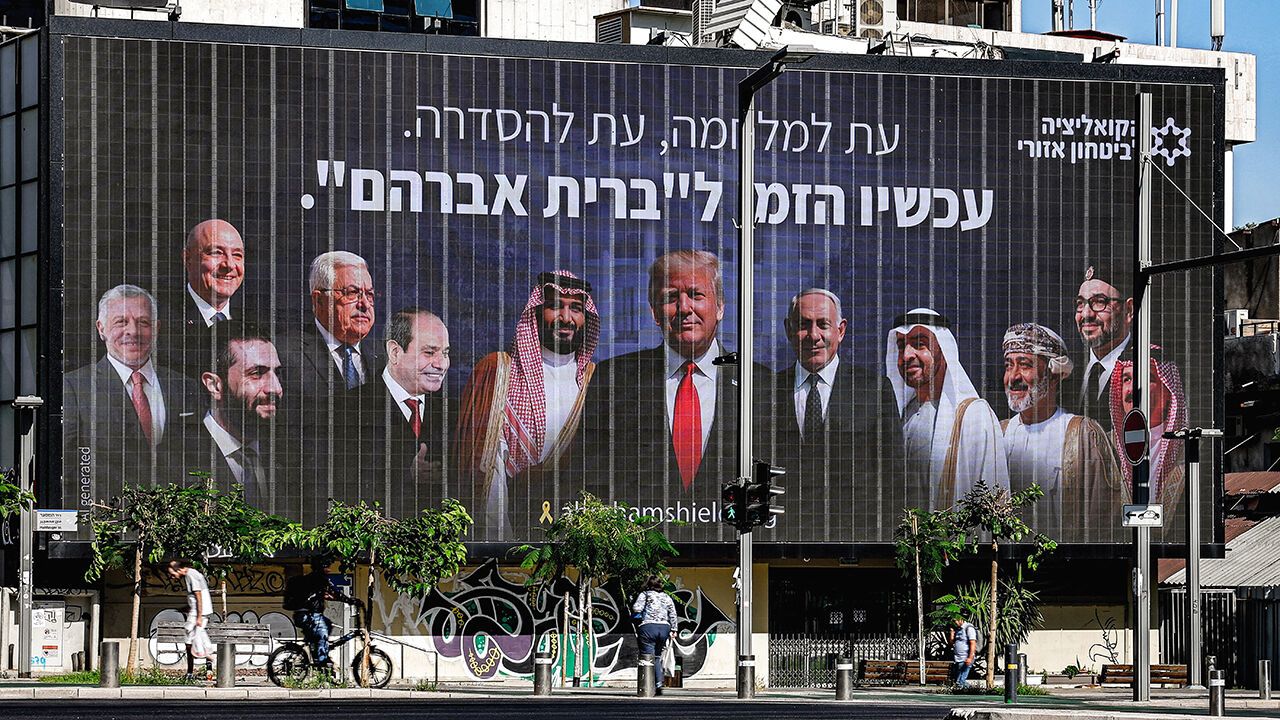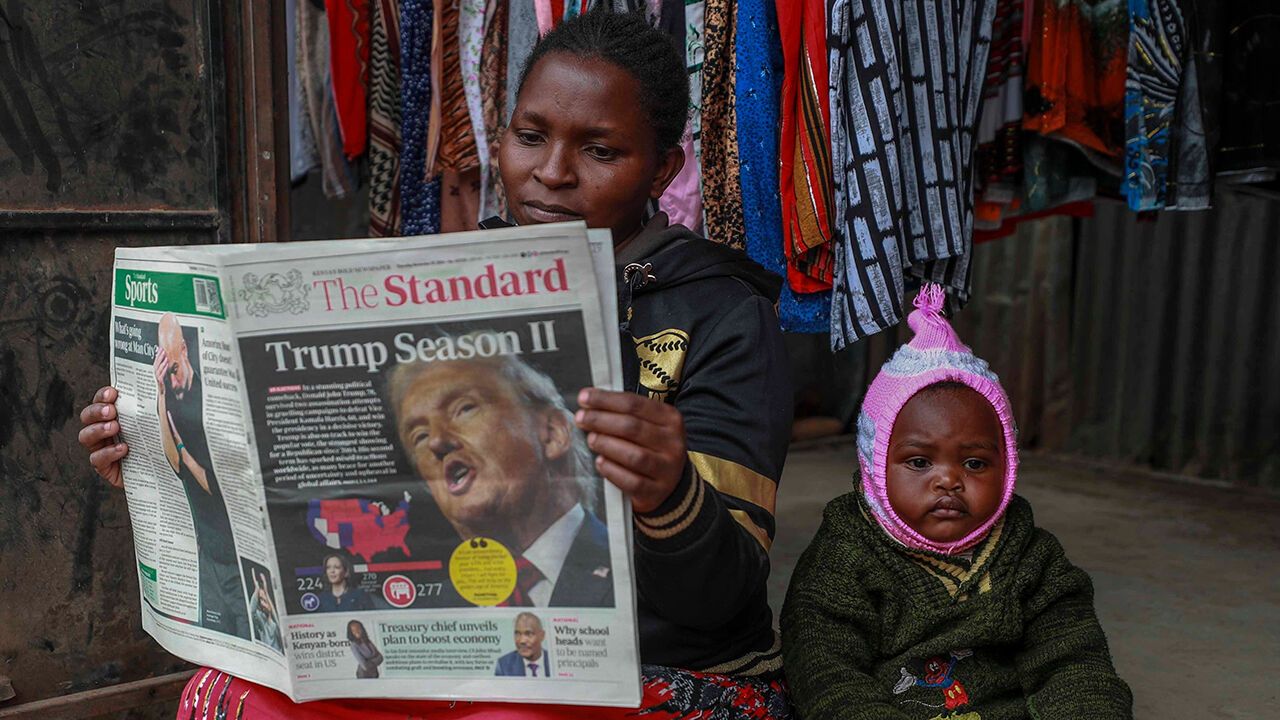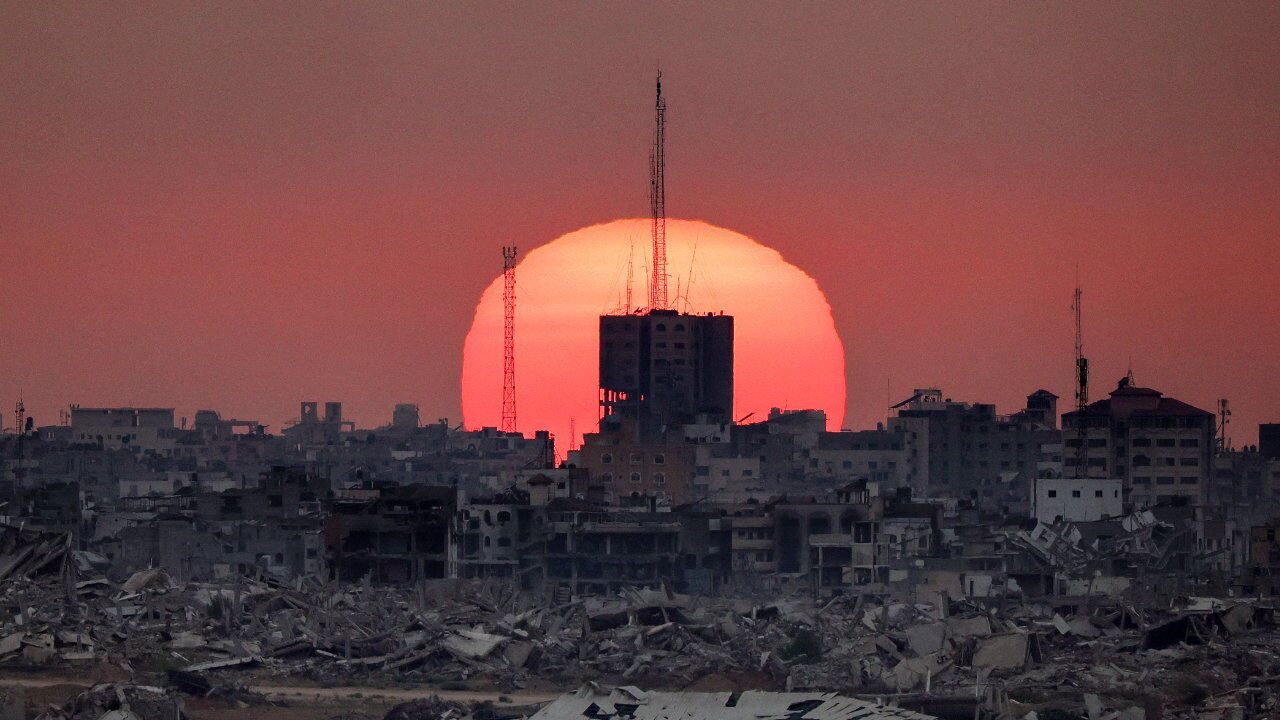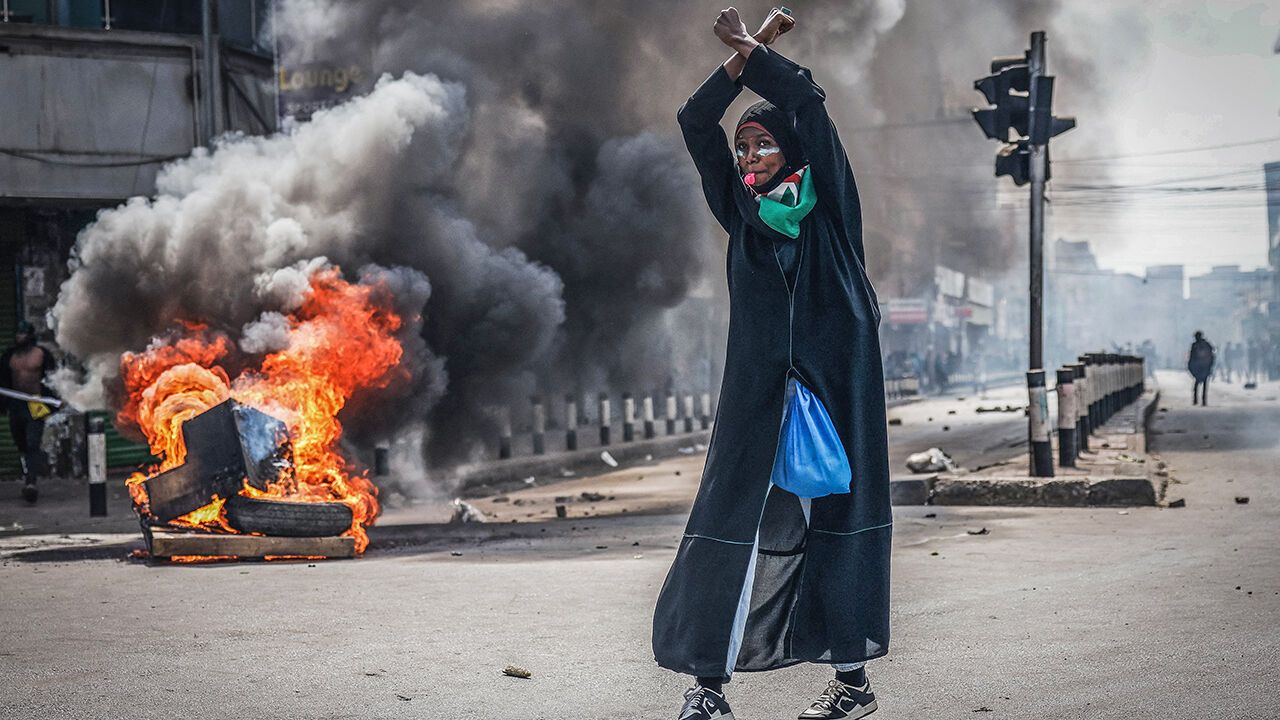The Israel-Iran war has not yet transformed the Middle East
Peace deals may be elusive, and Gulf states fear the war is far from over

A SINGLE strike took on singular importance. When America attacked Iran’s nuclear facilities last month, both supporters and opponents thought it would have outsize consequences. Critics feared it would plunge the Middle East into a wider war. That doomsday scenario has not come to pass, at least for now: Iran made only symbolic retaliation against America; soon after, a ceasefire ended the fighting between Iran and Israel.
Explore more
This article appeared in the Middle East & Africa section of the print edition under the headline “A stubborn status quo”
Middle East & Africa
July 5th 2025
From the July 5th 2025 edition
Discover stories from this section and more in the list of contents
Explore the edition
Donald Trump’s approach to Africa is very, well, African
What a meeting with five leaders says about his administration’s interest in the continent

Can Donald Trump force a ceasefire in Gaza?
As Binyamin Netanyahu travels to Washington, negotiators in Doha are racing to hammer out the details

Kenya’s president is bad news for Kenya and Africa
William Ruto’s tenure is a how-to guide for sowing cynicism about democracy
Iran’s “axis of resistance” was meant to be the Shias’ NATO
But today transnational political Shiism is struggling for its survival
Israel’s weird war clock: 12 days for Iran, 21 months in Gaza
Making peace with the Palestinians looks much harder than with Iran’s regime or Shias in Lebanon
A peace agreement in Africa that will probably not bring peace
The truce signed by Congo and Rwanda leaves out some important details

